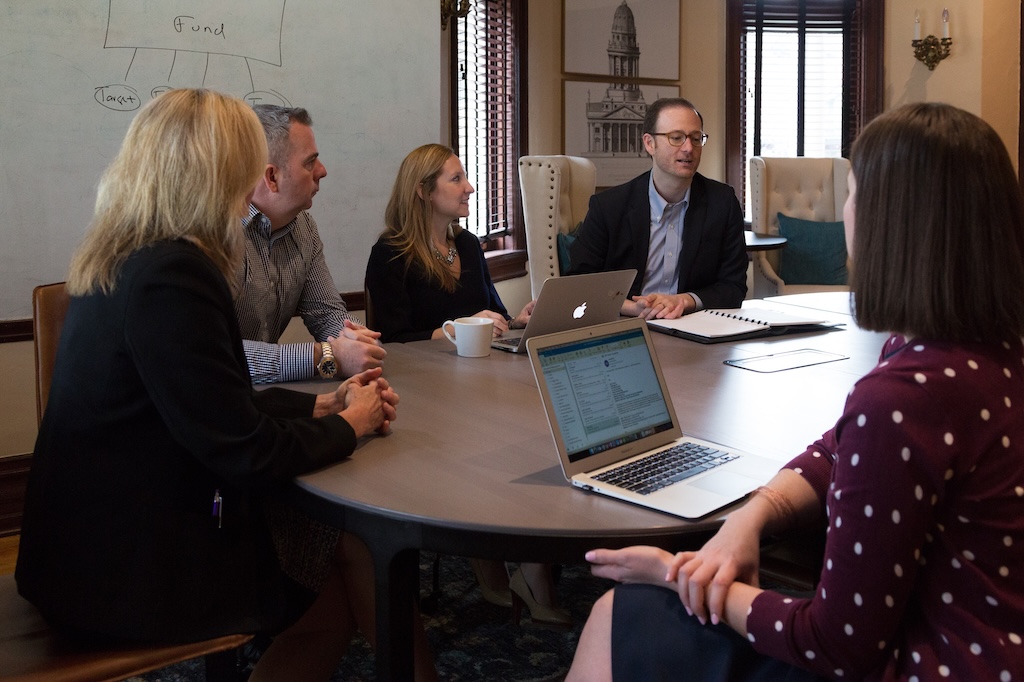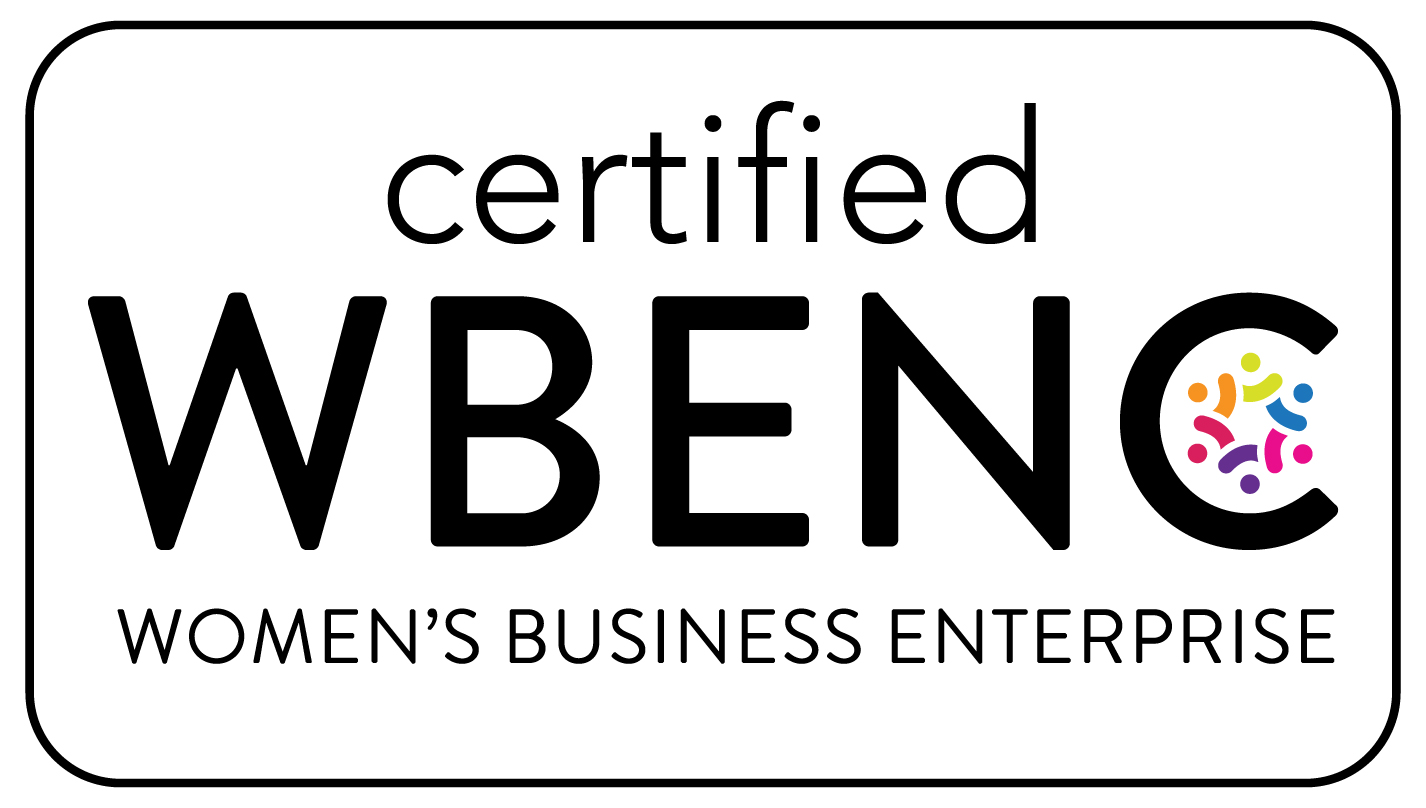Let’s imagine a truly awful scenario: I get in a car accident tomorrow, and I’m in a coma.
First, though, some financial context.
Let’s imagine also that like a lot of couples, my wife and I have joint assets, but we also have our own individual assets. If I’m in a coma, and for whatever reason – and there are a lot you can imagine – my wife needs access to my assets, she can’t just take over my assets because she’s my wife.
If she walks into the bank to try to get access to my account, they’re not going to say, “Oh, hello Dan’s wife, let us give you access to his account.” They’re going to say, “Where’s Dan?”
And when my wife says, “He’s in the hospital,” they’re going to say, “Sorry, we can’t give you access to his accounts.”
People often assume that you automatically have access to your spouse’s assets in situations like these, so that if something bad happens to one of you, the other can take over.
The truth is, almost everything you have is frozen. There are some assets, like a joint bank account, that you can still use, because you both have access. Other assets, like a house, are frozen, because any activity related to that asset requires both of you to act.
In our example, let’s say I’m in this coma for a while. It creates financial hardship, and my wife wants to sell our house, or even take out a line of credit, to help pay for medical bills. If both of our signatures are on the mortgage, she can’t sell it, she can’t refinance it, she can’t do anything with it, because any action requires both spouses’ signatures.
This awful scenario somehow just got even worse, didn’t it?
The bad part of my job is that I ask clients to think about these terrible situations that might occur.
The good part of my job is that I get to tell them about solutions to these problems that they didn’t even know they should be worried about before they came in.
One of the best solutions I tell people about is a trust.
The way a trust works is, you put your property in the trust, which is sort of like an entity, like an LLC. Then, if you're incapacitated, you don't own the property – the trust does.
In this version of the story, my wife just walks in to the bank and says, "I'm a co-trustee of our family’s trust," and she takes over the assets.
I’m still in a coma, unfortunately, but at least she has access to our resources so she can do what she needs to do for our family.
Everybody thinks that trusts and estate plans are about making sure your assets go to your grandkids when you die. It’s true that you need to be thinking about that, but that limited concept of an estate plan is why so many people put estate planning off until they’re 60.
The reality is, if you have a little bit of property, if you have a family, then establishing a trust is the best way to make sure you’re prepared for those worst-case scenarios.
If you know you should have an estate plan but have been putting it off, now is the time to act. We will be happy to meet with you for a no-charge consultation to discuss your goals and your concerns, and how we can address them.










